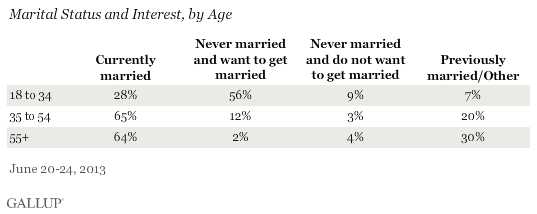Christian Democrats wrote:Modus ponens. Look it up.
I know very well what modus ponens is, ambassador, but it has nothing to do with what I said. I am not claiming your consequent is false, I am claiming your statement is false. Let's take another look at your argument:
Christian Democrats wrote:If adults consent, B should be legal.
Adults consent.
Therefore, B should be legal.
You are using this statement to argue that "if adults consent, B should be legal". However, that statement is also your premise. "If adults consent, B should be legal" is not an accepted statement, as it is what you are trying to argue, and you can't have modus ponens without an accepted conditional. Your argument boils down to "because of x therefore x", which is meaningless.
Circular reasoning. Look it up.









